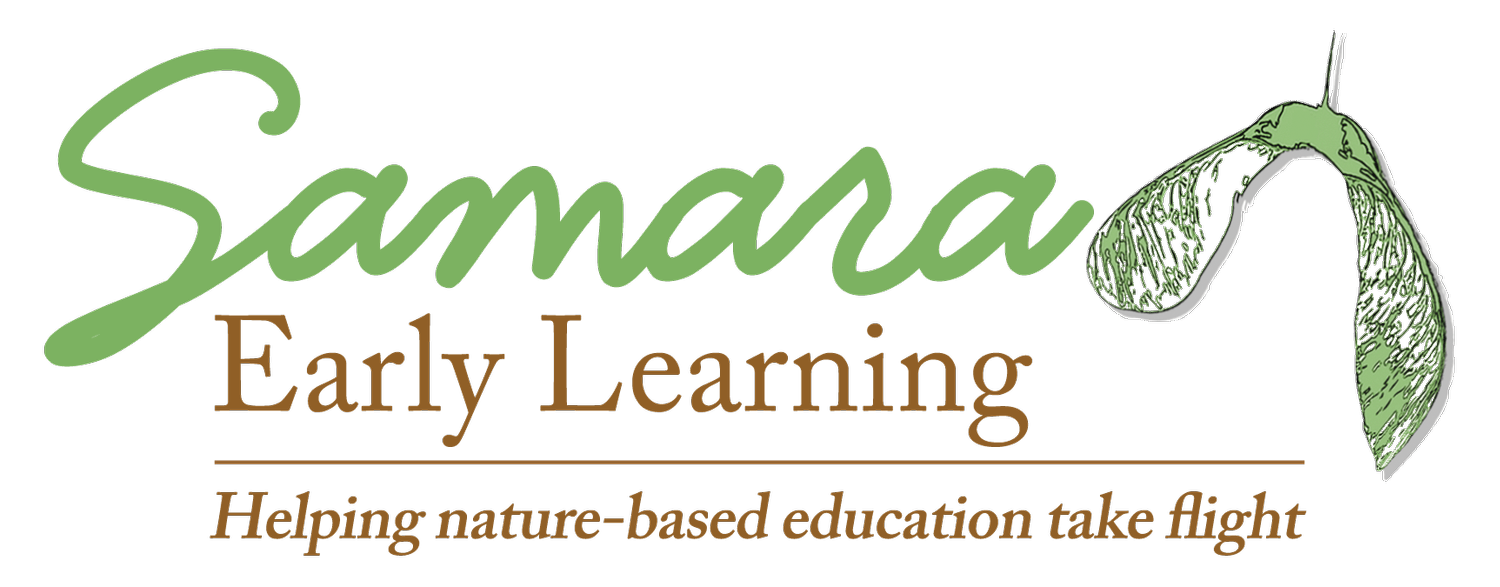“坏”(硬?)天气确实存在
这篇文章最初出现在Dr. 瑞秋一. 10月18日Larimore的每周萨马拉通讯 & 2022年11月1日. If you’re interested in receiving these emails, scroll to the bottom of this page to subscribe.
第一部分:恶劣天气真的存在(2022年10月18日)
One afternoon last week I was looking out the kitchen window admiring the vibrant colors of the changing leaves as a cold October rain fell. 突然,雨变了 雨夹雪. As I watched the 雨夹雪 bounce off the ground I thought, “Oh, there IS bad weather. 今天在外面玩将是一个悲惨的日子!”
Now, I know many people reading this may say, “But, 瑞秋, there’s no such thing as bad weather. 只是衣服不好.“Meh. 我不同意.
即使穿着全套雨具和保暖层, rain and 雨夹雪 bouncing off my body in 45F/7C temperatures does NOT sound pleasant to me. 有些人可能会说:“哦,但你会活下来的。.“嗯,是的,当然. If dressed appropriately you won’t be physically injured, but it still isn’t much fun.
For me the key isn’t to claim there’s “no such thing as bad weather” but to re-evaluate what counts as bad weather and how we talk about it.
通常, “没有坏天气这回事。, just bad clothing” phrase is used when programs are just starting to go outside in less-than-ideal weather conditions. 通常 it's commentary on how a little rain isn’t “bad” weather but just requires raingear. 我完全同意这种观点. 然后……
在某一时刻, once a program is outside every day—and perhaps all day—there starts to be more nuance in the weather. 有些日子在防水布下玩简直太好了, 玄关, 或者其他的庇护所,而不是在寒冷的地方, 连续第三天倾盆大雨. It’s also nice to go inside, take the wet clothes off, and have a warm cup of tea. (This is one of the reasons why I still recommend a shelter for programs spending 70%+ of their day outside.)
In addition to re-defining what counts as bad weather it’s also important to think about how we talk about “bad” weather. 即使在不太理想的天气条件下,我们也可以……
→ Express gratitude for the clothing that’s keeping us warm and dry (“Oh, I’m so glad I have these wool socks and boots on because my toes are nice and warm.或者“谢天谢地,我们今天有雨衣,不会被淋湿。.")
分享我们对庇护的感谢 (“I’m so grateful for this 玄关 so I can read while I listen to the rain fall.” or "It would be hard to stay dry right now if we didn't have this tarp.")
→观察天气 (“哇! 看看雨夹雪是如何弹跳的.或者“看!”! It’s raining so hard there’s a little stream forming between the sand box and the mud kitchen.”)
→ Build relationships by reflecting on our shared experience (“唷! 我很高兴我们在门廊下成功了——雨夹雪伤了我的头.” or “Remember when ice chunks came out of the sky and bounced off our bodies as we ran for cover. 太疯狂了!”)
Keep in mind we’re trying to create positive outdoor experiences—not filming the next outdoor survival show! Personally, I was very grateful last week to be inside pouring another cup of tea. 😊
第二部分:恶劣天气真的存在(2022年11月1日)
我想太多了. As 与 any personality trait this can be both good and bad.
At times my 反思 creates unnecessary stress in my life. 然而, 反思, 分析, and looking at a problem or idea from multiple angles can also lead to new ideas and perspectives.
I 真的 当别人加入我时,享受过度思考. 一个最好的例子? My recent email about the idea that “bad” weather does exist.
Many of you responded 与 things like “是的, it’s a nuanced idea! 这并不像“好/坏”和“哦! 你把我一直纠结的一个想法用语言表达出来了.“我们的同事凯琳·甘斯是 森林教育, responded 与 an email and mentioned she’s been using the term “hard” instead of “bad” weather. 是的! 这正是我需要的语言!
It was the brief email interaction that shifted my thinking in a new and meaningful way (and I guarantee I’ll be quoting Caylin in the future.) To me this moment highlights the importance of social interaction in making sense of the world around us and is why I call myself a social constructivist.
Not only did Caylin email, but then she wrote up her own thoughts on her 森林教育 blog. She nuanced the conversation about weather even further thinking about weather from an equity and inclusion lens. 我鼓励大家 在这里看看她的想法!
“Disrupt the phrase ‘no such thing as bad weather’ in a thoughtful and nuanced way.”
我想这个信息是双重的. 我的希望是鼓励你:
看看凯琳的博客 and continue to disrupt the phrase “no such thing as bad weather” in a thoughtful and nuanced way.
Continue to “overthink” aspects of nature-based early childhood education 与 your colleagues. The more dialogue we have the more we grow individually, but also as a profession.
Finally, I love the responses I receive to my weekly emails. I crave the dialogue and time to overthink in a healthy way so please don't hesitate to reply.
不断改变生活,
瑞秋
瑞秋一. Larimore, Ph值.D.萨马拉学习的首席梦想家
关于瑞秋
Dr. 瑞秋一. Larimore is an educator, speaker, consultant, author, and former nature-based preschool director. As the founder and Chief Visionary of 萨马拉早期教育 her work focuses on helping early childhood educators start nature-based schools or add nature-based approaches into their existing program. 点击这里了解更多关于瑞秋的信息.



